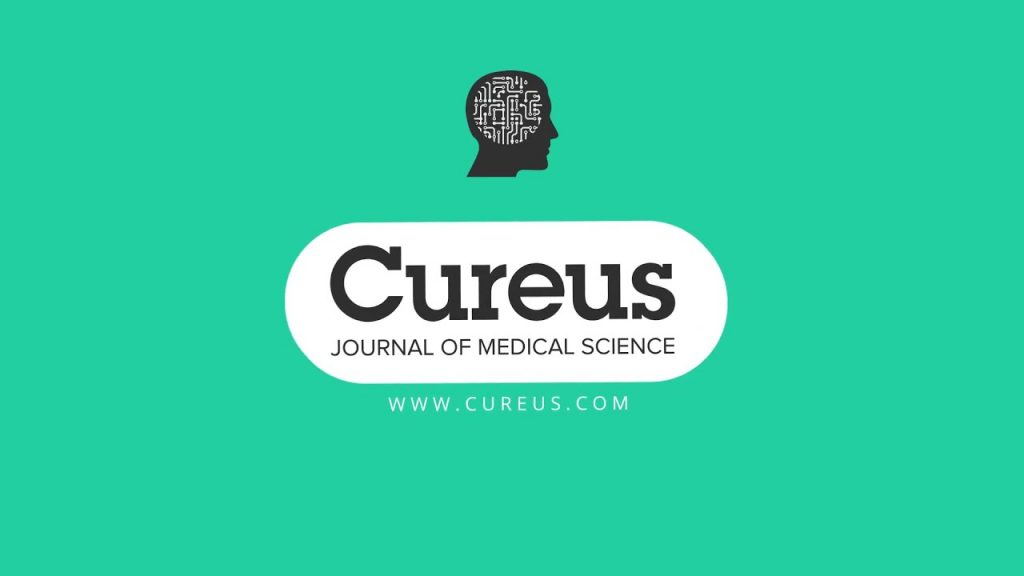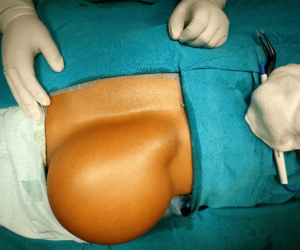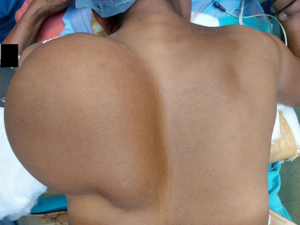Scientific Reports, a Springer Nature title, has retracted an article a group of sleuths described as “a kind of case study of all the red flags for fraud that we look for” in an open letter to the publisher’s head of research integrity.
The article, “Hybrid CNN-LSTM model with efficient hyperparameter tuning for prediction of Parkinson’s disease,” appeared in September 2023. It has been cited 11 times, according to Clarivate’s Web of Science.
In December 2023, a PubPeer user commented on 13 tortured phrases the Problematic Paper Screener had flagged in the article, such as the use of “Parkinson’s illness,” “Parkinson’s infection,” and “Parkinson’s sickness” rather than Parkinson’s disease.
Continue reading ‘All the red flags’: Scientific Reports retracts paper sleuths called out in open letter








